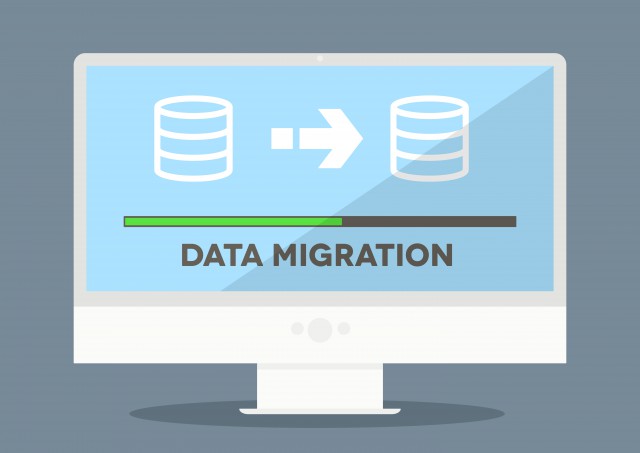
Every once in a while you will have to migrate data from one system to another. This could be for reasons of upgrading your systems or for development of infrastructure. When you want to test your new apps during the development process, you will need to use the data that your business has generated. The test data is really hard to access simply because of the migration work. It is hard for the developers to migrate data from the full sandboxes to the developer sandboxes.
It is only left to the imagination how difficult migrating all of your business’ data can be. There are so many mistakes that you are most likely to make during the data migration process. You should beware of these pitfalls and learn how to avoid them. If you fall into them, you are going to spend a huge amount of money and time repairing the errors that they will cause. Here are some of those challenges.
- Failing to Involve Business Users at the Onset
A majority of companies are all about data warehousing nowadays. This involves a lot of consolidation of multiple systems’ information into one. When you are migrating data from one system to another, you need to involve everyone who might be affected by it. Some people will simply need to be notified about the data migration project that is coming and others will have to take an active part in the planning of the project.
- Poor Legacy Data Quality
The data in the legacy system is the one that is being migrated. If it is of poor quality then even the best data migrator might not help you so much. There are data migration tools which might cover up for some errors, but if you have inconsistencies in the legacy system, you will definitely have a problem with the data migration work.
- Wrong Data Migration Tools
There are so many data loaders and migration tools in the market. It is an assurance that you will be completely spoilt for choice. Flosum, for instance, is one of the best tools for migrating data from Salesforce.
- Failure to Test and Validate Data Migration Process
There is always the temptation to test and validate the process after it has been completed. This is just a recipe for disaster. You should do the testing long before you even begin moving the test data. During the pre-migration stage, you should ask yourself questions like how you are going to test the data and who will do the testing and evaluation.
- Absence of Data Governance Policies
Some companies lack data governance policies and for this reason they are unable to figure out how they are going to use the data or manage it. Who has the right to create, edit, approve and remove data from certain systems? Does the business have a process for managing the data’s lifecycle? These are details that you must consider.
Deon Stark works with one of the best remote database administration companies. He also has experience in data migration processes.
Photo Credit: phoelix/Shutterstock

